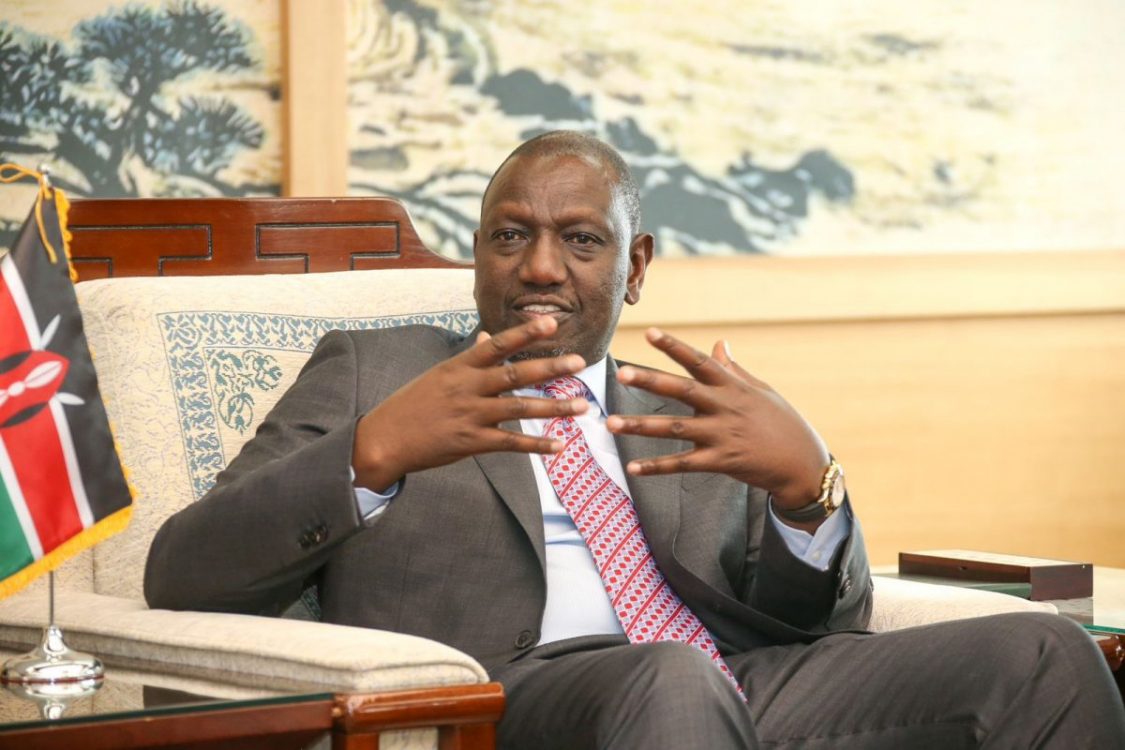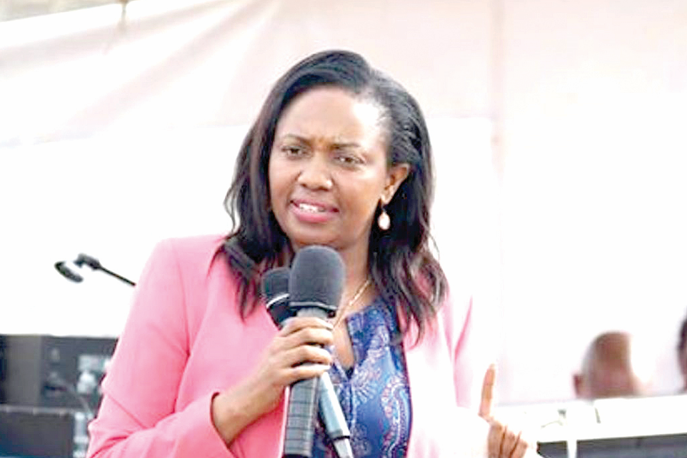Expound president’s policy declarations

President William Ruto made broad policy pronouncements during his two interviews with television stations on Wednesday, making it necessary for the relevant government agencies to flesh them out for the public to provide clarity.
For instance, the President said it will not be necessary to file monthly tax returns because consumers will be filing their taxes digitally every time they transact. How will this new direction sit with the Kenya Revenue Authority, which requires some classes of taxpayers, such as employers and landlords to file monthly tax returns? What about the new targets set for the taxman? And the broad promises on funding of the national Budget and payment of debt?
It is important for such issues to be clarified at a policy level to ensure that the affected taxpayers comply on the basis of a written document rather than broad pronouncements made in an interview given that the government operates on the basis of written records. This will also help relevant agencies to accommodate the pledges in their medium-term plans in addition to aligning them with the country’s Vision 2030 development blueprint.
Similarly, he gave a general direction on how police ought to handle security situations and why various organs within the security agencies should act independently and impartially even when they do not necessarily agree on some operational aspects. Security is an important aspect of national life and there is need for leadership of various agencies to broadly agree on policy directions that will secure lives and property of Kenyans while dealing firmly with criminal elements. This is one issue that the Interior Ministry ought to address in a policy document for clarity and future reference.
There were other directives, such as on funding for higher education, all of which will have far-reaching implications on the future of education and it will be important, once again, for policy makers to come up with a framework that will inform how the directives will be implemented and which agency will do what, first to avoid duplication of roles and, secondly to provide long term clarity that will guide such issues as budgetary allocation. As it is, the promises and proposals that the President made will remain just that until they are codified either in law or policy guidelines accessible to the relevant stakeholders. When this is done, it will help to create synergy within government ministry, departments and agencies, while giving citizens and investors a predictable environment within which to carry out their economic activities.












